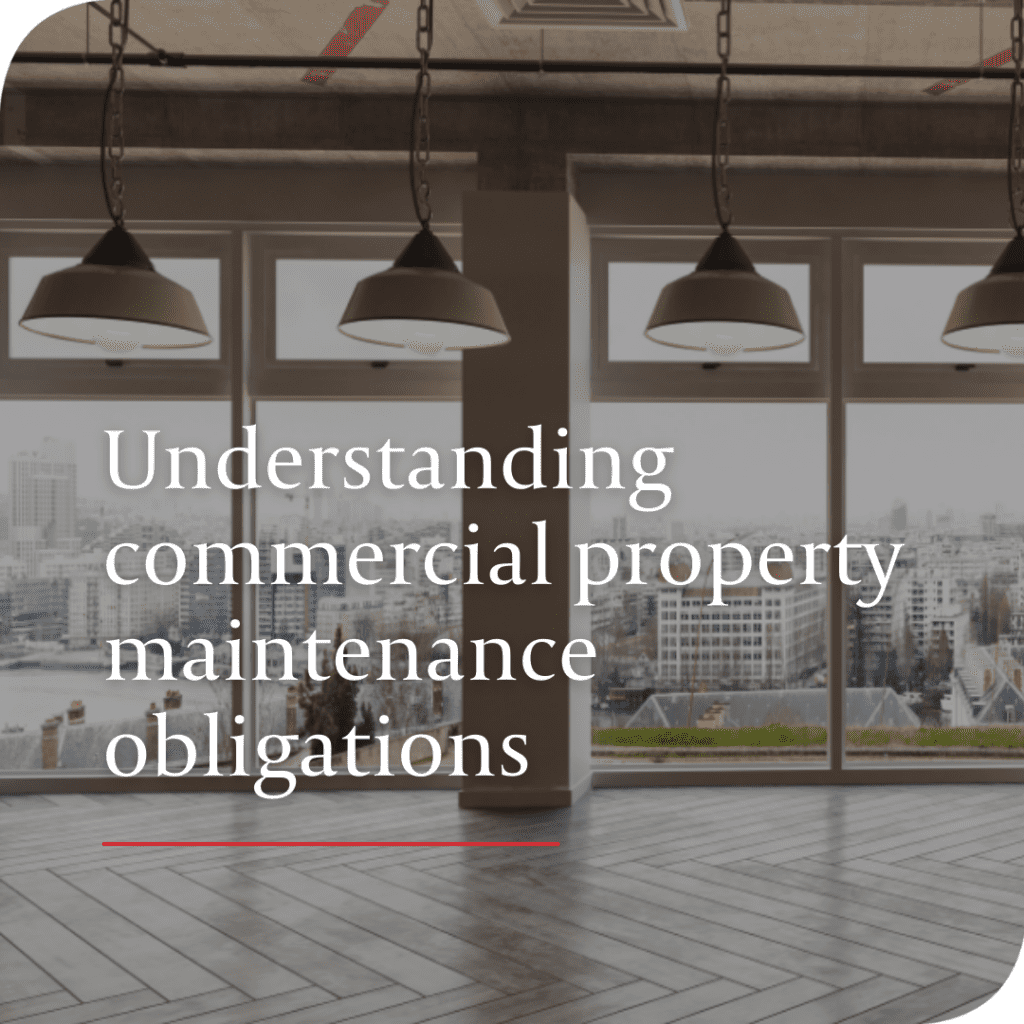
Mixed-use properties are a growing part of the UK property market—especially in coastal and commuter towns like Worthing, Shoreham, and Hove. These buildings often blend commercial and residential uses, such as a shop on the ground floor with flats above.
But when it comes to valuing mixed-use properties, the process isn’t as simple as adding the parts together. Whether you’re thinking of selling, refinancing, or investing, understanding how these properties are assessed is key.
Here’s what you need to know.
What Is a Mixed-Use Property?
A mixed-use property combines two or more types of use—usually residential and commercial—within the same building or site.
Common examples include:
- Retail shop with flats above
- Pubs with landlord accommodation
- Office buildings with apartments
- Restaurants with live-in managers’ quarters
They’re often found in high-street locations and can offer excellent yields. But their value depends on a mix of factors, not just bricks and mortar.

Key Factors in Valuing Mixed-Use Properties
1. Rental Income and Yield
The value of each part (commercial and residential) is often calculated based on rental income and yield expectations.
- Commercial value is typically based on passing rent, lease length, tenant covenant strength, and market comparables.
- Residential value can be based on income (if tenanted) or vacant possession value (if empty or for owner occupation).
A valuer will apply different capitalisation rates (yields) to each element depending on risk and market demand.
2. Lease Terms and Tenants
Longer, secure leases with quality tenants (e.g. national chains or government bodies) tend to increase the commercial portion’s value.
For residential units:
- Assured Shorthold Tenancies (ASTs) offer flexibility but can limit mortgage options.
- Long leaseholds or vacant flats are easier to value and may appeal more to owner-occupiers or investors.
3. Planning Use and Permissions
Valuation also depends on the building’s Use Class and any relevant planning permissions.
- Commercial units may fall under Use Class E (covering retail, offices, gyms, etc.).
- If the residential parts can be sold or let separately, they may carry individual value.
- Mixed-use properties with development potential—such as converting upper floors to extra flats—can attract premium interest.
4. Condition and Compliance
As with any property, the condition plays a huge part in valuation.
- A well-maintained building will command a stronger price.
- Compliance with fire regulations, EPC standards, and health & safety rules is essential—especially in HMOs or multi-let buildings.
If works are needed, a valuer will factor in the cost of bringing the property up to standard.
5. Finance and Market Conditions
Mixed-use buildings can sometimes fall between the cracks when it comes to mortgage finance.
- Lenders may apply different criteria than they would for pure residential or commercial properties.
- Buyers may face higher deposit requirements and valuation fees.
This can influence demand, which in turn affects value.
How Jacobs Steel Commercial Can Help
Valuing a mixed-use property involves more than looking at square footage or rental figures. It’s about understanding how each element fits together—and what potential lies within the building.
At Jacobs Steel Commercial, we specialise in valuing and marketing mixed-use assets across Sussex and the South East. We account for:

- Local market rental evidence
- Comparable sales data
- Yield trends
- Tenant risk profiles
- Planning opportunities
Our RICS-compliant valuations can support:
- Sales and acquisitions
- Portfolio reviews
- Finance and re-mortgage applications
- Probate or legal matters
Speak to the Experts
Whether you own a high-street shop with flats above or you’re exploring a conversion project, getting an accurate, insight-led valuation is essential.
At Jacobs Steel Commercial, we’ve worked with investors, landlords, and developers for over 40 years. Our commercial team delivers clear, strategic advice backed by deep local knowledge. Want to chat through your options? Get in touch with our commercial department today.
Other articles you might enjoy


